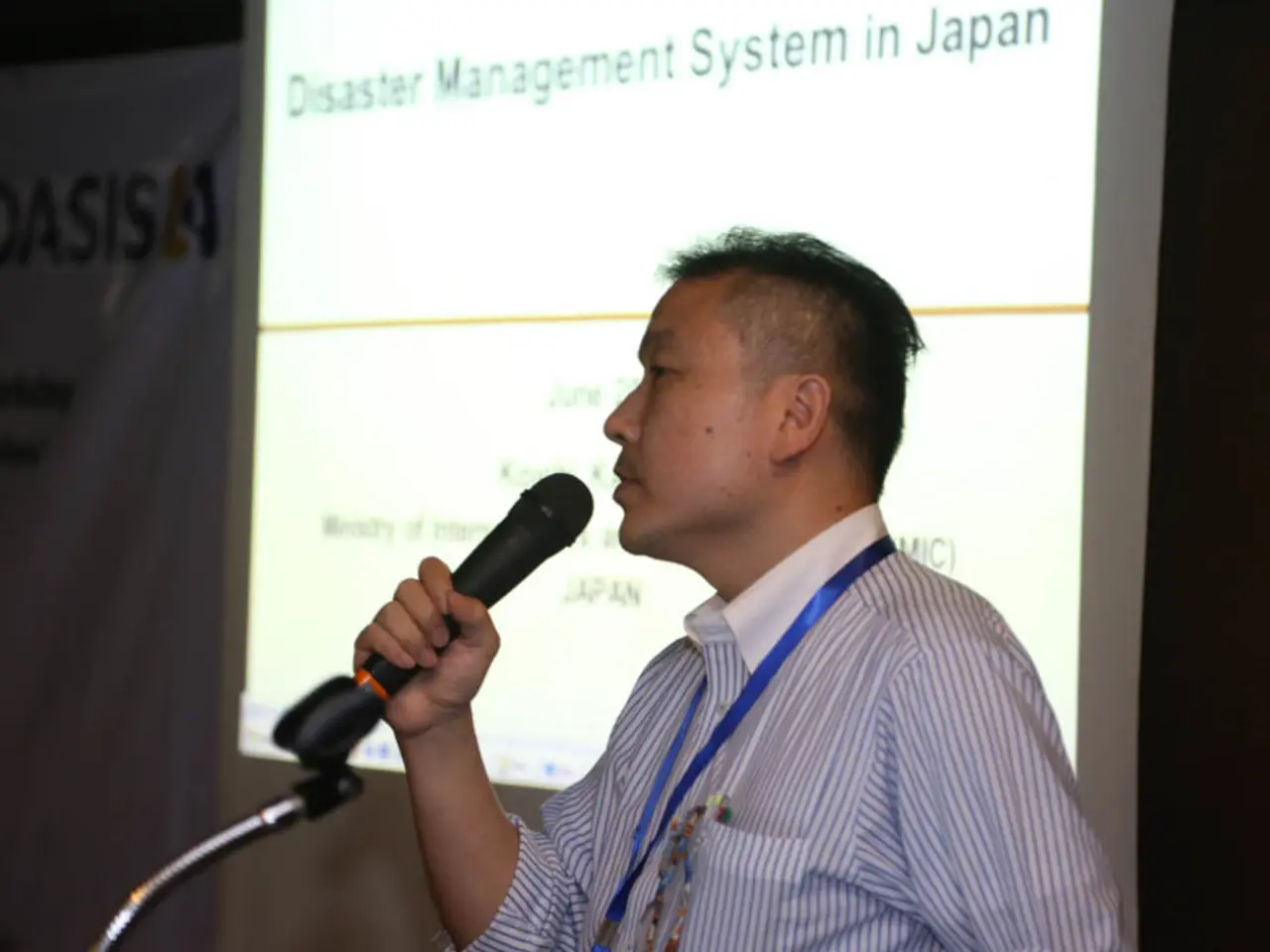Preparing Local Communities for Crises: A Guide for Municipalities
In the face of potential emergencies, municipalities across Germany are stepping up their efforts to improve crisis preparedness. A key initiative in this regard is the development of a self-evaluation tool by scientists at Bergische Universität Wuppertal, led by Niklas Frings and Alexandra Schmitt.
The self-evaluation tool, designed to help municipalities assess their readiness for crises, uses low-threshold questions to evaluate the preparedness of each department within the town hall or municipality. This tool encourages all departments to evaluate themselves and share results with the next higher level, fostering a culture of continuous improvement and transparency.
Professor Martin Voß, another expert in this field, suggests a "round table" for resilience in municipal and city administrations. This round table, comprising representatives from various sectors, would discuss what needs to be done in the municipality to enhance resilience. The round table should communicate publicly, gradually changing the mindset to address gaps and weaknesses in crisis preparedness.
Crisis management is not a one-man job; it's a task of the entire administration, as emphasized by Alexandra Schmitt. Knowledge management is another crucial aspect, especially considering the upcoming wave of retirements in German administrations. The knowledge accumulated over the years must not be lost, and the self-evaluation tool aims to help maintain this valuable resource.
However, resources remain a significant challenge. Municipalities urgently need money and personnel for crisis preparedness. Despite these limitations, experts discuss improving municipal crisis preparedness by enhancing communication among actors, integrating and sensitizing civil society, and strengthening community resilience. They also advocate for establishing effective crisis and emergency management structures at local levels, focusing on preventive measures and continuous adaptation of municipal prevention work to evolving risks and social challenges.
Training is another essential component. Oranienburg fire departments, for instance, are being trained at a training center for possible war scenarios. Meanwhile, the Berlin district of Lichtenberg has started a unique volunteer project in civil protection.
Despite the threats, it's clear that communities in Germany are far removed from the real threat level they may face in an emergency. Preparedness is key, and the self-evaluation tool is a step towards finding a balance between recognizing the need for crisis preparation and the scarcity of resources in municipalities.
Read also:
- ICE directed to enhance detention conditions following NYC immigrants' allegations of maltreatment
- Israeli finance minister issues warnings about potential annexation of West Bank territories
- United States faces rebuttal from South Africa over allegedly deceitful human rights report and assertions of land expropriation
- Accident at Rodalben Results in Injuries; Geoskop Area near Kusel Affected After Stormy Weather








